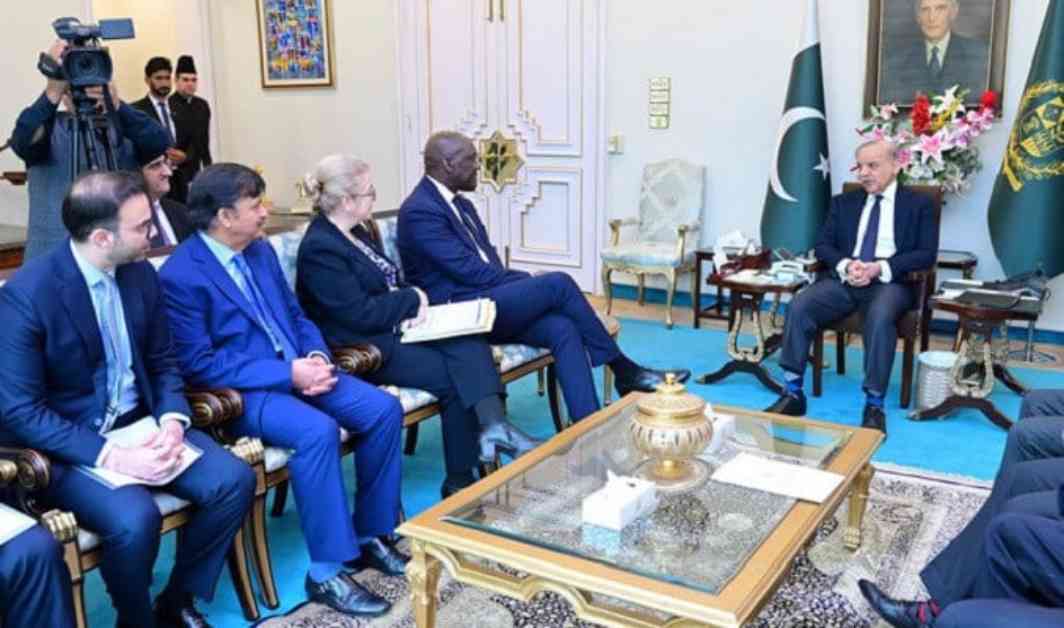International Finance Corporation (IFC) Pledges $2 Billion Annual Investment to Boost Pakistan’s Infrastructure
In a recent meeting between Prime Minister Shehbaz Sharif and IFC Managing Director Makhtar Diop in Islamabad on February 14, 2025, a significant announcement was made. The IFC, the private investment arm of the World Bank, revealed plans to ramp up equity investments and focus on large-scale infrastructure financing in Pakistan.
Makhtar Diop, the Chief of IFC, shared that this investment initiative could potentially unlock up to $2 billion annually over the next ten years. This move comes in the wake of the World Bank’s commitment to a $20 billion Country Partnership Framework for Pakistan, with the IFC pledging to match this substantial amount.
The IFC’s strategic shift towards increasing investment in Pakistan is a crucial step towards addressing the country’s urgent infrastructure needs, particularly in vital sectors like energy, water, ports, and international airports. Diop underscored the importance of these investments in propelling Pakistan towards economic growth and stability.
Despite facing economic challenges and navigating a $7 billion bailout program from the International Monetary Fund (IMF), Pakistan is on the brink of a transformative period. The country recently dodged a sovereign debt default, highlighting the critical need for sustainable investment and financial support.
Diop expressed optimism about the progress of key projects in Pakistan, indicating that the country is moving towards a position where it can effectively utilize large-scale financing for essential infrastructure development. The IFC’s commitment to Pakistan is further solidified by its record exposure of $2.1 billion in the fiscal year 2024, demonstrating a strong dedication to fostering growth and development.
Focus on Key Sectors for Sustainable Growth
One of the key highlights of Diop’s visit to Pakistan was the IFC’s keen interest in sectors with significant growth potential. Agriculture, infrastructure, finance, and digital industries were identified as priority areas for investment, aligning with Pakistan’s core economic needs.
The emphasis on equity-based transactions signals a shift towards a more sustainable and impactful investment strategy. By increasing equity investments globally, including in Pakistan, the IFC aims to catalyze growth and drive positive change in developing economies.
Diop’s vision for Pakistan’s development underscores the importance of strategic investments in sectors that have the potential to drive lasting economic transformation. As the country continues to navigate its economic recovery, partnerships with international institutions like the IFC play a crucial role in shaping its future trajectory.
In conclusion, the IFC’s commitment to unlocking $2 billion annually for Pakistan’s infrastructure development marks a significant milestone in the country’s journey towards economic stability and growth. With a focus on key sectors and strategic investments, Pakistan is poised to leverage this support to propel itself into a new era of sustainable development and prosperity.









